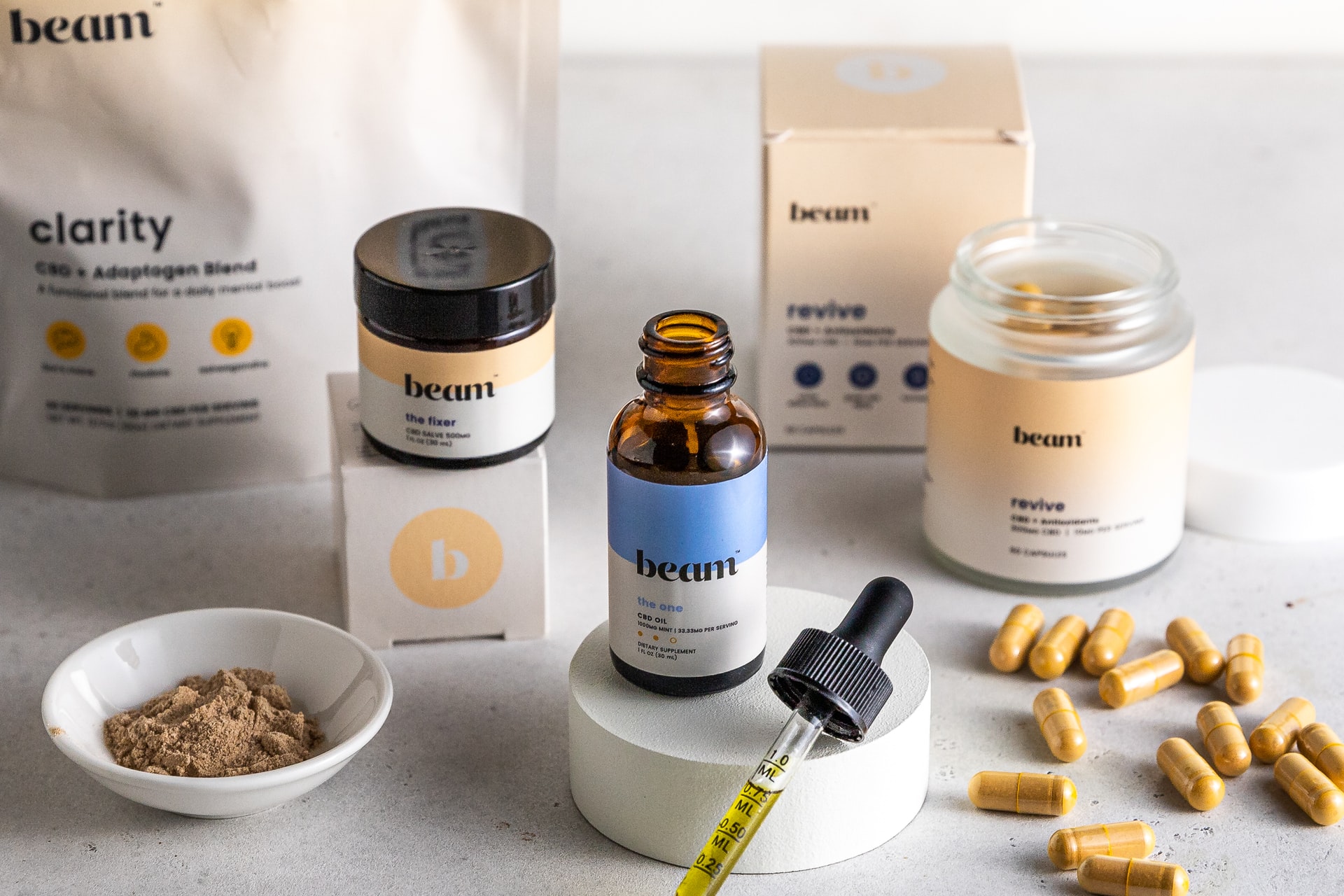The CBD industry is set to be the next big thing in healthcare. In just a few years, it has become one of the fastest-growing sectors within the natural health care and wellness industries. With this growth comes challenges for both consumers and producers on how to make sense of all these new products; understanding which is legal, safe, or even effective can be difficult at times.
Today, the CBD Industry is thriving in more than 30 countries. As a result of its surge in popularity, it’s projected that by 2022 and beyond, this industry will reach an absolutely breathtaking $22 billion USD annually. The projections are so high because cannabis-based medicines and products have seen such significant growth over the past few years as people become educated about cannabidiol (CBD) benefits—and enjoy reaping these health benefits for themselves.
For everyone who lives in Canada, you can actually just buy these cannabis products from a mail order marijuana website. This is because weed is completely legal in Canada since 2018!
CBD Has Become Big Business, and It’s Set To Get Much Bigger
The CBD industry has seen a major shift over the past few years, with more and more states in the United States legalizing the use of medical marijuana. This means that people are becoming much more aware of the incredible health benefits that CBD can provide. And they’re flocking to stores to try it for themselves.
With so many new products and brands entering this market every day, consumers have a difficult time knowing which ones are safe or effective. The good news is that consumers have plenty of options available to them today, whether they live in a legal state or not. They can buy online and get their products shipped right to their front door; they can also find reputable brands at their local health food store or grocery store, learn more.
However, there’s still work to be done when it comes to educating both consumers and producers about the laws surrounding cannabidiol (CBD). Although CBD is legal in most countries around the world—including Canada, Europe, and Australia—there are still some issues that need to be addressed.
The latest state to legalize marijuana in California, so it’s no surprise that the industry is seeing even more growth. And as more people become aware of the incredible health benefits of CBD, we expect this growth to continue.
Regulatory challenges remain
Despite the fact that CBD is legal in many countries, there are still some challenges when it comes to regulating this product. For example, in Canada, hemp is regulated under the Industrial Hemp Regulations (IHR). The IHR is administered by Health Canada and has a number of provisions that must be met in order for hemp to be considered legal. These include:
The THC content must be less than 0.3%—any higher than this amount and it’s considered illegal
The THC content must not come from seeds or stalks of the plant—this means that only the female flowering portion can be used to extract CBD oil
No more than 0.3% of the total batch of hemp can come from outside of Canada or from industrial hemp plants grown outside of Canada (although these plants can also be used to extract CBD)
These regulations are important because they make sure that consumers are getting a safe product; however, they also make things difficult for producers. For example, many growers are unable to meet the THC content requirement because of the way that hemp is grown.
Hemp is grown in rows and it’s a tall plant. As a result, it’s difficult to ensure that all parts of the plant are less than 0.3% THC because of natural variation in the growing process and environmental factors such as sunlight. In addition, while it’s easy to test for THC content at harvest time, it’s not possible to test at every point in the growing process because this could affect the crop quality and yield.
In order to make things easier for producers, there have been calls for Canada to adopt new regulations that would allow hemp farmers to grow their plants without fear of breaking any laws—this would also allow them to use different extraction methods when producing CBD oil. These changes would make things easier for farmers and would likely result in more CBD products being produced across Canada.
Big-box retail access will spur sales
With the legalization of recreational cannabis, there’s been plenty of discussion about how to get it into the hands of consumers. There are now more than 100 retail locations across Canada where consumers can buy cannabis and cannabis-related products. However, often these stores are located in smaller communities and aren’t easily accessible for everyone.
While big-box retail stores will likely be approved for cannabis sales later this year, it’s likely that many shoppers will still have to drive a significant distance to buy their products. This could mean that online retailers will continue to play an important role in providing product access for Canadian consumers.
Education, quality assurance and safety will skyrocket
If you’ve ever bought cannabis online, you’re probably familiar with the confusing process of choosing between different strains and products. For example, you might be interested in buying a high-CBD product but aren’t sure which one would be best.
Once cannabis is legalized, we’ll likely see a surge in education and quality assurance for consumers. This will help them understand what they need to look for when shopping for products online. We could also see more information about how to use these products safely and what different cannabis strains are best suited for different purposes.
The future of CBD is bright
It’s likely that we’ll see the popularity of CBD products continue to grow once cannabis is legalized in Canada. This is because CBD has a number of health benefits without the psychoactive effects of THC, which means it’s not regulated as a controlled substance.
We’re excited to see how the cannabis industry in Canada evolves over the next few years. It will be interesting to watch how legalization impacts the online retail space and what new opportunities for consumers and businesses alike emerge as a result.
















